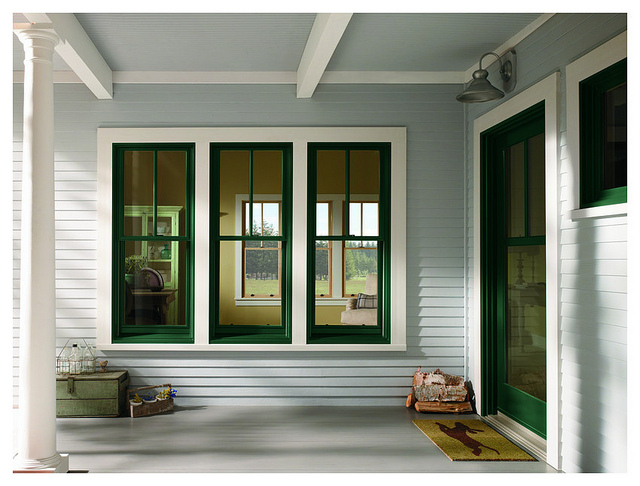
Home Retrofits
Raising awareness about the importance of having energy efficient homes is one of the most widespread and crucial activities worldwide. There are many reasons for that: from saving money on bills to contributing to environment protection. That’s why it’s vital that we approach this matter seriously if we’re planning to retrofit our home and here are some aspects we need to be aware of before we start such a project.
How Efficient is Your Home Right Now?
This is the first step, since you need to how exactly how much energy your home uses. For this purpose, you can commission a professional or do it yourself. Make sure you inspect every part of your home for possible problems that you have to deal with immediately. This is something that shouldn’t be taken lightly, which means you should take as much time as you need to do it properly.
Forget Traditional
Unless you’ve already done that, you need to replace your traditional incandescent lights with LED bulbs or compact fluorescent lights (CFLs). The traditional ones are highly inefficient and don’t last as long as the modern ones. Although this change requires initial investment that might be substantial, it’ll surely pay off in no time, since your electricity bill will be lower and you won’t have to buy replacement bulbs so often.
Set the Proper Basis
This is one of the most important aspects of retrofitting in terms of energy efficiency. All other works will not be as efficient as they should be if you don’t have proper home insulation. Since we spend more energy on cooling and heating than anything else, it’s easy to realize the importance of good insulation.
If all parts of your home are adequately insulated, your bills will be lower, but your living conditions will not suffer as a consequence. Walls made of wood or bricks need to be insulated from the outside as well as inside if you want to have a more energy-efficient home.
The roof is another important segment, since warmer air rises and if your roof is not properly insulated, you’ll be losing a lot of energy, i.e. money. Naturally, insulating your home may be expensive, but it guarantees better living conditions and savings in the long run.
Doors
Even if your walls are all well insulated, you might find that your home is not quite energy efficient and the reason for that is your front or back door. All exterior doors need to be installed and functioning properly. Otherwise, you’ll be wasting warm/cool air from the inside.
Weatherstripping might be a solution, but not if your doors are too old. In that case, only replacing them will be good enough. That would require a bigger investment, but it will save you from investing in repairs every now and then.
Windows
Another potential source of energy loss are windows. They might not be installed properly or they might have stopped providing proper insulation for one of many reasons, we learn from Sydney’s experts for double glazed windows. If you add another glazing layer, your windows will provide much better insulation and keep your home much warmer. Luckily, most single-glazed windows can sustain an additional layer, which means you don’t have to buy a new window and have it installed.
These tips are just some that you need to take into account when retrofitting your home. It doesn’t mean that you should completely neglect the aesthetic component, of course. Instead, they might be the projects that you would set as your priorities, since they will have a great impact on both your budget and your contribution to responsible utilization of energy resources.
 WhosGreenOnline.com Your Online Magazine and Directory for Green Business, Product, Service and News!
WhosGreenOnline.com Your Online Magazine and Directory for Green Business, Product, Service and News!

